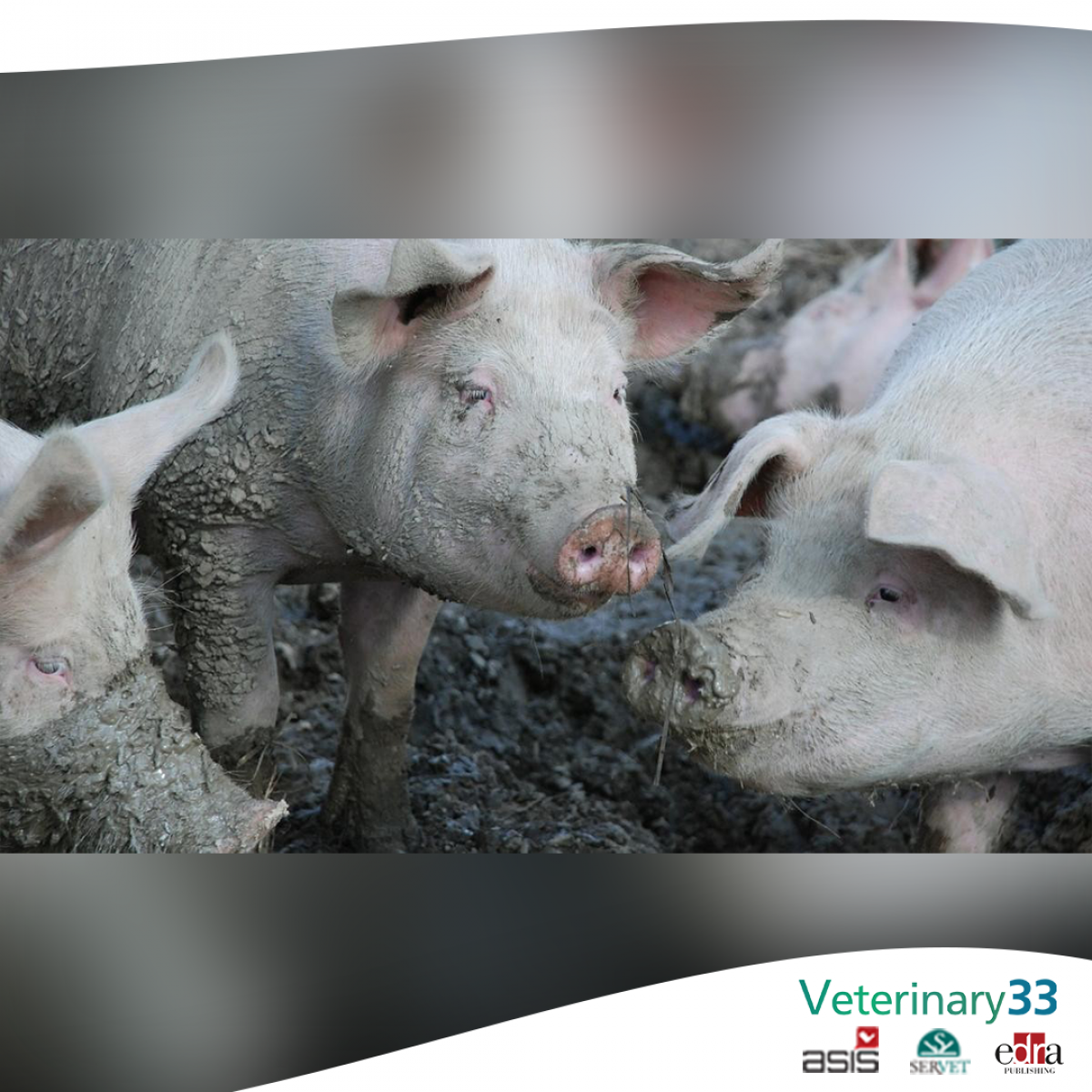ASF expands in Germany beyond where it had been detected so far
The German National Reference Laboratory confirms the first positive case of African swine fever in a pig farm in Mecklenburg-Western Pomerania.
The Federal Ministry for Food and Agriculture (BMEL) has reported that African swine fever (ASF) first appeared in a population of domestic pigs in Mecklenburg-Western Pomerania. The national reference laboratory, the Friedrich Loeffler Institute (FLI), has detected the disease in the corresponding samples and will now investigate the cause of the pathogen's entry into the herd.
Until now, no case of ASF had been recorded in Mecklenburg-Western Pomerania, neither in wild boars nor in domestic pigs. Since September 2020, ASF cases have occurred in Brandenburg (wild and domestic pigs) and in Saxony (wild pigs).
Following an increase in the number of fattening pig deaths on the farm in the Rostock region, samples were sent to the FLI for examination, which confirmed the suspicion. Now the measures of the swine fever regulation come into force under the responsibility of the Länder. Among other things, the competent authority in the place must now order that all the animals in the herd be slaughtered and destroyed.
Biosecurity is the most important factor to protect pig herds from the introduction of the ASF pathogen. The enforcement of animal disease legislation and thus the implementation of the fight against animal diseases is the responsibility of the competent authorities under federal law.
Awareness work
For years, the BMEL has been raising awareness and focusing on targeted education and prevention measures for protection against African swine fever.
They have regularly pointed out to farmers and control authorities that the security measures of the Pig Farm Hygiene Ordinance must be strictly respected since the human factor is a significant risk in the spread of ASF.
In addition to extensive prevention and education work, the BMEL prepared for an emergency at an early stage.
With the amendments to the Animal Health Law and the Federal Hunting Law, the BMEL has achieved that, in the event of an outbreak, the competent authorities can restrict the movement of people and vehicles in certain areas or restrict the use of agricultural land for that wild boars do not migrate and spread ASF.
The regulations for hunters have been relaxed so that they can reduce wild boar populations more effectively. For example, the ban on wild boar has been lifted, allowing it to be hunted throughout the year.














List
Add
Please enter a comment